A child’s death brings anti-vaccine activists to town
Kayley Fehr was 6 years old. She had two brothers and two sisters and, according to her obituary, she loved to sing and make people laugh. She was unvaccinated.
Kayley got measles around the same time as her four siblings. As her fever rose, she struggled to breathe and became tired. The doctor gave her Tylenol and something for her cough, but she was still unable to catch her breath and couldn’t eat because of the sores in her mouth.
Kayley’s parents took her to Covenant Children’s Hospital in Lubbock, where she was diagnosed with pneumonia and admitted to the intensive care unit. Kayley deteriorated quickly. Her final hours were spent too weak to speak, her breathing shallow, her mouth sticky from thirst. She was sedated, intubated and placed on a ventilator.
The details surrounding Kayley’s death came weeks later when her parents sat for an interview with Children’s Health Defense. Speaking through an interpreter and tears, they shared the story of their loss.
That interview solidified a shifting narrative. After Kayley’s death, Children’s Health Defense pivoted to a frame that the group had sharpened during previous outbreaks and perfected with Covid: that Kayley had died with measles, not from it; that the virus was incidental and some other ailment or failure had killed her. To communicate that story, the activists needed someone with more authority. They needed a doctor.
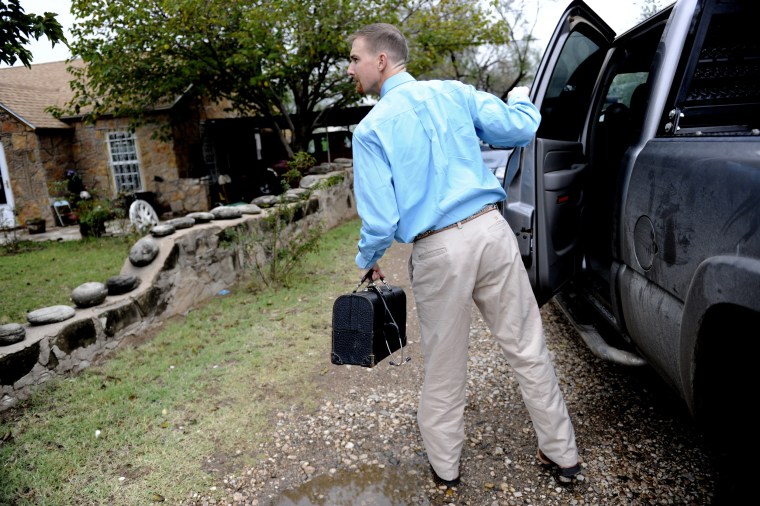
Ben Edwards practiced conventional family medicine in a small-town clinic in Post, Texas, but around 2013, as he tells it, he grew disillusioned, awed by an Amarillo holistic practitioner who denied the power of germs and preached the outdated theory of terrains: that the body’s constitution determines whether a sickness takes hold.
Edwards’ new guru, who had lost his medical license and who the Texas Medical Board called a “threat to the public welfare,” sold nutrition, supplements and lifestyle coaching — and some unorthodox and unproven interventions, such as ketamine to “cure” autism. When Edwards tried to implement what he was learning, he was fired from his county clinic — now free, as he saw it, to strike out on his own.
More than a decade later, Edwards has a sleek cash-only clinic in downtown Lubbock with a small waterfall outside the lobby, a lounge for IV treatments and a studio where he hosts his podcast, “You’re the Cure.”
Kayley’s death set off a series of events that brought Edwards — and later Children’s Health Defense — to Seminole.
At the end of February, Edwards got a call from Tina Siemens, one of his earliest patients, who often describes herself as “the bridge” between Seminole’s Mennonites and the outside world. Siemens, who runs a small museum of local Mennonite history, had helped local officials translate materials on vaccination and testing into Low German. Now, she told Edwards that Kayley’s parents were worried about their other children, who were still sick with measles.

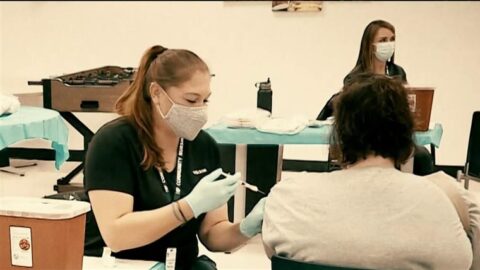
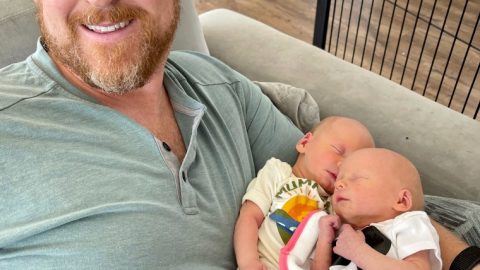
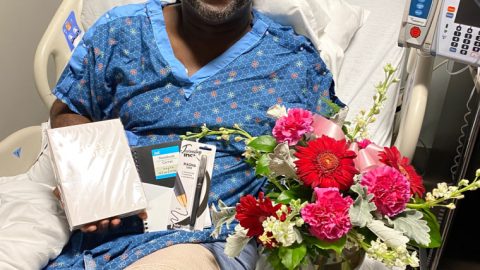

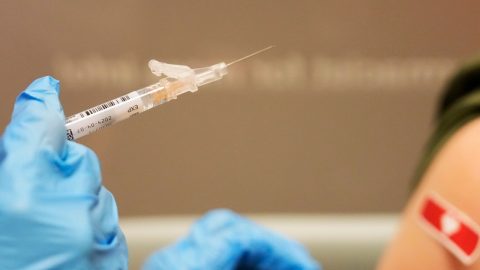
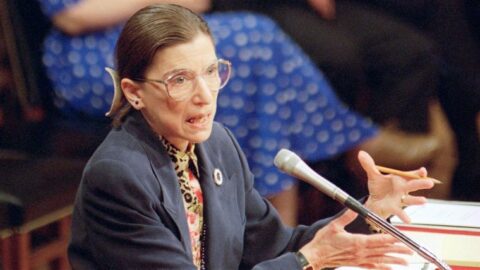

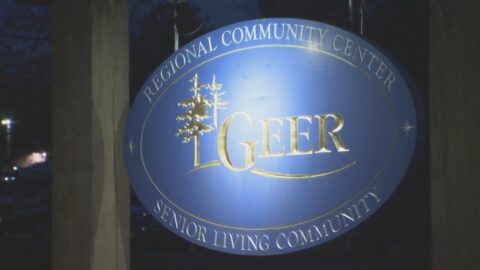
Recent Comments